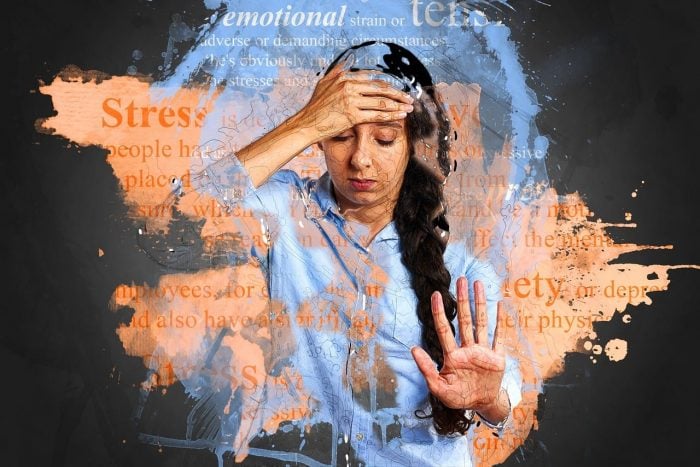Did you know that up to 70 percent of adults in the Canada acknowledge that they experience bouts of anxiety on a frequent basis? The truth is that anxiety is a common experience for a significant number of people. Anxiety typically makes you feel like you are stuck and have no idea how to feel better again. Your mind and body automatically focus on a train of what-ifs and maybes without certain control over what happens. It is even easy to unknowingly do things that further fuel your anxiety rather than make you feel better.

So how do you relieve yourself from anxiety? The good news is that there are numerous techniques and tools that help you to manage anxiety with ease. Anxiety is not something that can just disappear overnight. It requires gradual changes in your life as well as your day to day routines. Gradual changes take some time to work effectively. And depending on the intensity of your anxiety, you might need a much more comprehensive treatment regimen. However, before you decide to commit to that, here are 5 simple ways to get relief from your anxiety symptoms.
5 Tips to Relieving Anxiety
Use Weighted Blankets
Weighted blankets typically weigh between four and thirty pounds. They are slightly heavier than the kind of blankets that people normally buy. These blankets have been optimized for people who are suffering from disorders such as insomnia, anxiety, autism and many more. They are either used to complement a designated anxiety therapy or even as a better alternative to more complex treatments.
The heavy blanket for anxiety helps you to manage anxiety by creating a calm and relaxed state that allows you to sleep better. The blanket grounds your body while you are sleeping and also stimulate deep pressure touch therapy that helps to reduce high anxiety levels. Grounding significantly reduces night time cortisol levels.

- Meditation
You can incorporate meditation into your daily routine to inspire a feeling of peace and bring along positive vibes. Meditate by thinking calm thoughts, having an open mind and being ready to tackle any unexpected things that come your way.
Scientific experts have discovered that meditation helps to increase the quantity of grey matter in the brain. What this does is that it rewires the body to stress and worry less. Meditation is also integral in monitoring your brains patterns and getting a hang of how your mind conjures anxious thoughts. This helps to learn how to distance your mind from such thoughts.
- Take Deep Breaths
Normally, the first thing that you need to do when you get anxious is to take deep breaths. Deep breathing is a great technique that instantly reduces your anxiety by triggering the body’s natural response. These deep and steady breaths send signals to your brain telling it that, at that precise moment, it is okay to relax. The presence of short and sharp breaths only tell your body that you are in a panicked state and the anxiety immediately kicks in. Learn how to control and manage your breathing and you will be able to control your anxiety with ease.

- Regular Exercise
Most people negate the effect that working out has on our mental health. People who suffer from anxiety need to have a consistent workout regimen because this movement helps to improve the body’s blood flow. Working out also helps to regulate neurotransmitter production and ultimately calm any anxiety symptoms. While exercise does not necessarily provide a permanent solution to your anxiety woes, it will considerably give you relief daily.

Get Enough Sleep
Skipping sleep or having terrible sleeping habits works as a great trigger to your anxiety symptoms. Sleep is supposed to help you keep your physical and mental stress and anxiety levels normal or even reduce them completely. So, missing those important bedtime hours will have serious implications on your anxiety management and control techniques as well as progress.
For more in-depth insights on managing anxiety and fostering overall well-being, explore our collection of wellness articles.



I have been using these tips for years now. I dealt with a lot of anxiety in the past.
Sorry to hear Calvin! You are definitely taking the right steps to deal with it.
I suffer from anxiety for the last 10 years. At times it’s worse than usual so I have learned to meditate and take control of my breathing. I can tell you something, if I don’t get enough sleep for 2 or more consecutive days I can pretty much bet on having a serious anxiety attack.
Thank you for sharing your tips! I definitely believe that lack of sleep must not help anxiety.
Some of these would also help with depression. They are great tips for anyone. Sleep and exercise are very important.
Indeed!